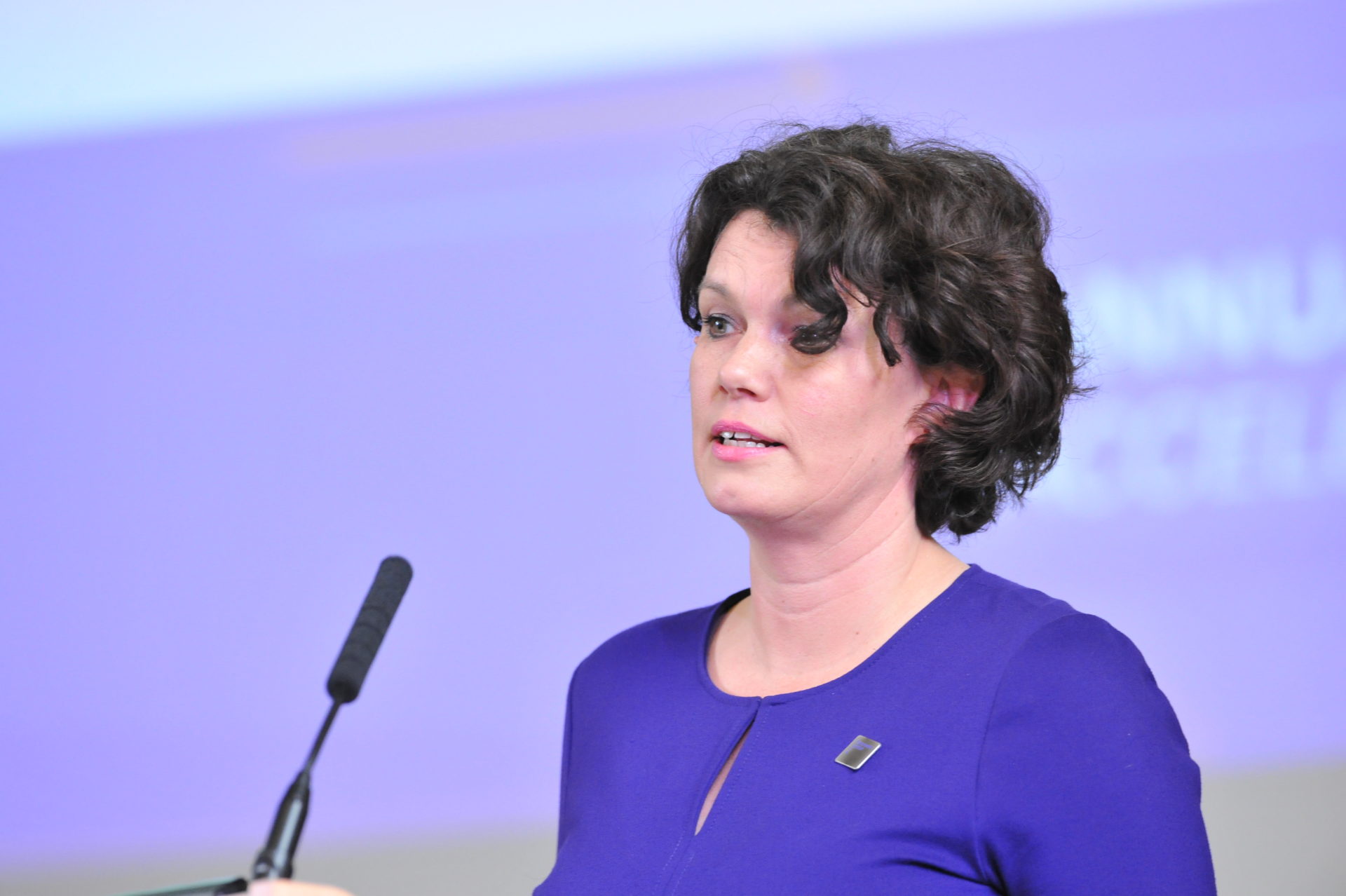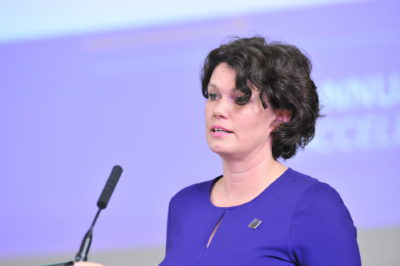



Spending Review 2020: A missed opportunity to stand up for medical research
Our Chief Executive, Diana Jupp's, statement on the 2020 Spending Review
Our Chief Executive, Diana Jupp’s, statement on the 2020 Spending Review
“We welcome the Chancellor’s commitment yesterday to increase funding for diagnostics and delivery of new drugs, treatments and vaccines. The £325 million investment in NHS diagnostics equipment will help to improve diagnostic capacity and we hope will mean that people with pancreatic cancer are diagnosed in a timely and efficient manner. This is absolutely crucial for this cancer, where 1 in 4 people die within a month of their diagnosis and even short delays to diagnosis and treatment can be devastating to people’s chance of survival.
This investment is needed more than ever this year, but we urge the Government to produce a longer-term, detailed plan to ensure that diagnostics improve not just to pre-pandemic levels, but go much further.
We also welcome the increase in funding for research and innovation generally. However, we are disappointed that the Government has failed to deliver on the Association of Medical Research Charities’ call, supported by Pancreatic Cancer UK, for a ringfenced investment of £310 million to bridge the sector’s projected research spend gap.
Medical research charities have reported huge income losses this year, leaving us with no option but to pause research. Pancreatic Cancer UK has invested over £8 million in research since 2010 and we leverage £6.31 for every £1 we invest in research. We are the biggest investors in early detection and diagnosis and seed funder of innovative new research in the UK. We have already been forced to cut our research award budget by 70% for 2020/21, and stunting our investments in this way will inevitably halt progress in treatments and outcomes for people with pancreatic cancer.
Without dedicated investment, resource and capacity, crucial parts of research infrastructure such as clinical trials cannot get back up and running to pre-pandemic levels.
As a country, we remain significantly behind other nations in restarting clinical research activity and this is already impacting on patients. Only 12% of non-commercial studies were open to recruitment in mid-April, with 72% either paused, stopped or cancelled completely due to the pandemic. Restart of clinical trials has since recovered slightly, but nowhere near fully. Years of underfunding, under-resourcing and understaffing of clinical trials will need considerable investment to put right.
Whilst today’s announcements will go some way in helping to improve the experience of people with suspected pancreatic cancer in the short-term, we will need to see much more investment from Government to restore services, treatment and especially research to pre-pandemic levels.”

